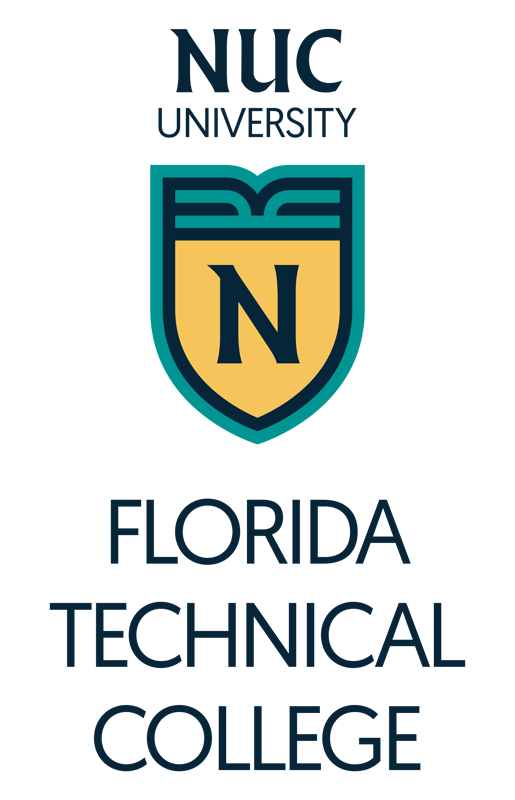
Financial aid (may be available)

Financial aid (may be available)

No cost info

Financial aid (may be available)
If you're a student in Tampa and you're interested in pursuing a career in applied technology, you've come to the right place. Applied technology refers to the practical application of scientific knowledge to solve real-world problems. This field encompasses a wide range of disciplines, such as information technology, engineering technologies, health sciences, and more. The following post will guide you through everything you need to know about finding the best applied technology classes near you.

Applied technology is a vast and dynamic field that combines technical skills with practical application. This field is all about using scientific and mathematical principles to solve real-world problems. Depending on the specific area of interest, applied technology might involve working with computer systems, managing technical operations, developing new medical devices, or creating efficient manufacturing processes.
The training requirements for applied technology vary widely depending on the specific discipline. However, most programs require a high school diploma or equivalent as a minimum. Here are some common requirements:
Students may also need to complete an internship or practical experience to gain hands-on experience in the field.
When looking for an applied technology class, there are several factors to consider:
The day-to-day experience of an applied technology class can vary greatly depending on the specific course of study. However, you can generally expect a combination of classroom learning and hands-on training. The curriculum will likely cover both theoretical concepts and practical applications, preparing you for a wide range of career opportunities.
Upon completion of an applied technology program, you may need to sit for a certification exam. The specifics of this process will depend on the particular field of study. Some professions require certification, while others do not. However, being certified can enhance your employment prospects and potentially lead to higher pay.
After completing your applied technology program, the next step is to find a job in your chosen field. Here are some tips:
After completing an applied technology program, you may choose to further your education by taking additional classes. This could include advanced courses in your specific field, or courses in a related field. For example, if you studied information technology, you might consider taking courses in cybersecurity or data analysis.
Applied technology is a rapidly evolving field, with new technologies and applications emerging all the time. As such, it's important for professionals in this field to continually update their skills and knowledge. This could involve taking continuing education courses, attending industry conferences, or earning advanced certifications.
Studying applied technology can provide a number of benefits:
Choosing to study applied technology can open up a world of career opportunities. With the right training and education, you can pursue a rewarding career in a variety of industries. Whether you're interested in healthcare, IT, engineering, or another field, there's likely an applied technology program that can help you reach your career goals. Remember, Dreambound is the largest platform for students to find vocational training programs, such as allied health or industrial trades. Dreambound's mission is to provide all the information students need to find the perfect class. So, start your journey today and explore the exciting world of applied technology.
For further reading, you may be interested in the following articles: How to Become a Certified Medication Aide in Florida and How to Become a Pharmacy Technician in Florida.
If you're considering pursuing this certification in a different location, we have other in-depth guides to help. Check out our guides for different cities below:
Thinking about all of the factors involved in making a career shift? Take a look at some of the guides we've written to help you in your journey.
Dreambound's platform allows prospective students to find the right educational program for them through searching, filtering, and connecting with our extensive selection of career & technical education partners.
Dreambound has over 70 programs across healthcare, technology, business, and industrial trades. This includes programs such as Medical Billing, Cybersecurity, and welding.
Some of our schools offer financial aid for those who qualify. Many others offer payment plans, where you can pay the cost of class over time.
Yes, Dreambound offers many online programs. On Dreambound's search, you can filter by online, in-person, and hybrid (part online, part in-person).
Dreambound is completely free for you to use! We are supported by schools and organizations who pay to advertise on our website, so we can offer all of our career resources for free.